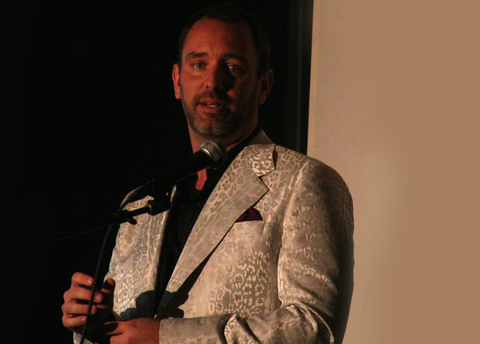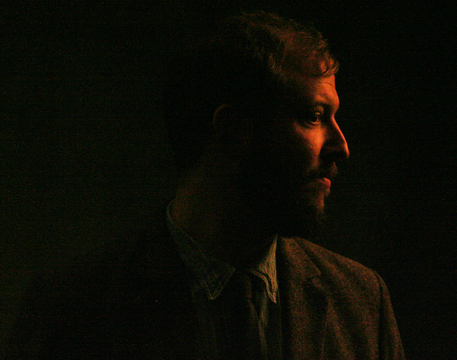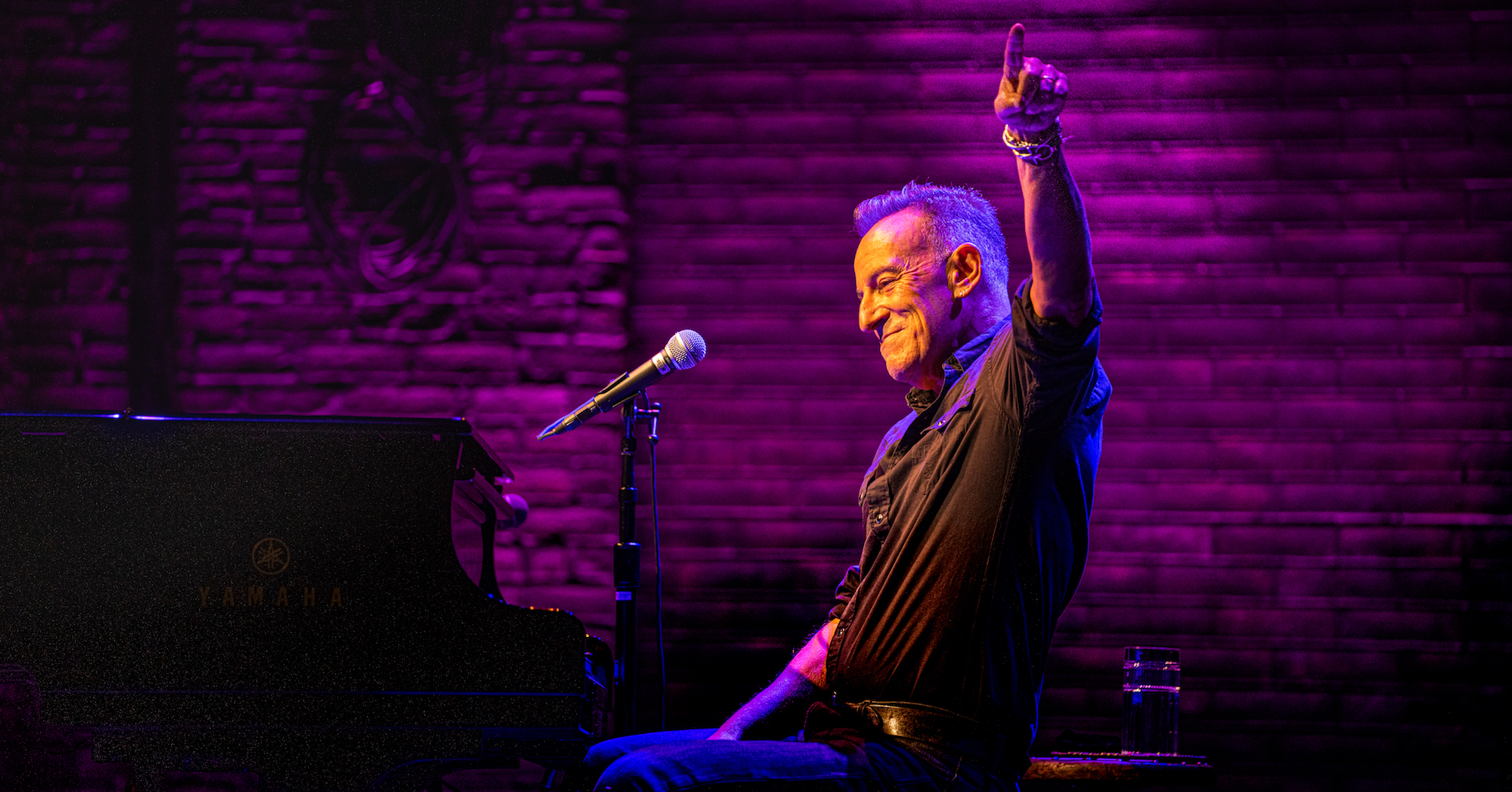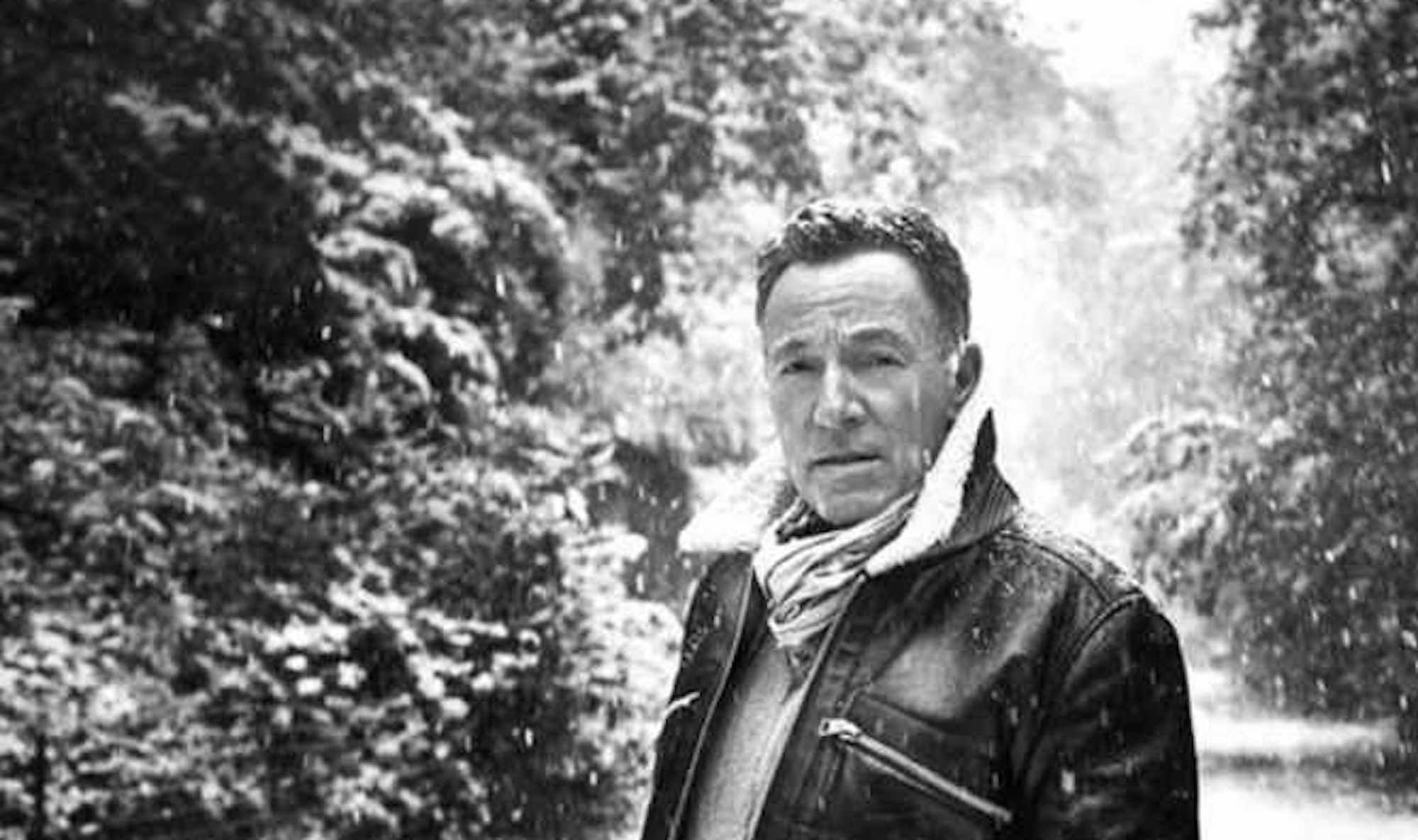Videos by American Songwriter
(Photos: Paul Zollo)
LOS ANGELES. It was Adele’s night, as the world already knows well, but darkened greatly by the death the night before of Whitney Houston. And when one of the music world’s own most beloved stars dies, the Grammys rise to the occasion, as this did on this night and with great grace and dignity.
Among the first words spoken in the three hour-long pre-televised portion of the show, was a tribute to Whitney by saxophonist Dave Koz, who opened the show by saying, “First we want to pay tribute to Whitney Houston. She is in our hearts and our minds.”
And in the televised show, after a passionate version of “We Take Care of our Own” by Bruce Springsteen and the E-Street Band, host LL Cool J opened the show by saying, “We’ve had a death in our family. For me, the only thing that feels right is to begin with a prayer for a woman who we love, for our fallen sister, Whitney Houston.”
He then looked down at his notes, and read this prayer, and the audience of music royalty bowed their heads I silent reverence:
“Heavenly father, we thank you for sharing our sister Whitney with us. Today our thoughts are with her mother, her daughter and all of her loved ones. And although she is gone too soon, we remain truly blessed to have been touched by her beautiful spirit, and to have the legacy of her music to cherish and share forever. Amen.”
Later that night Neil Portnow, the president of NARAS, explained that he and producer Ken Ehrlich agreed that something for Whitney had to be said right at the start of the show. So they spoke to LL Cool J, who said, “Well, if this happened in my house, what we would do is say a prayer for the departed,” and wrote the prayer himself.
“If we thought we were smart before all this to have LL host,” Portnow said, “we felt like geniuses afterwards. He handled it so beautifully.” Portnow also explained that, although the show was finished and rehearsed and had to be changed, that it was nothing new. “We have often made major changes an hour before telecast,” he said, referring, it seems, to 2009, when Rihanna’s performance had to be canceled after she was assaulted the night before by Chris Brown.
In addition to the prayer, later in the show Jennifer Hudson, who long named Whitney as her idol, sang “I Will Always Love You,” Whitney’s signature song written by Dolly Parton. And she sang it with such purity and profusion of genuine soul, that the audience seemed stunned, before erupting into a standing ovation. It was the ideal tribute, as mere words could not suffice considering the suddenness and magnitude of this tragedy.
Despite these tragic circumstances, so close in both time and distance to the event, Adele still stole the night, winning six Grammys [Album of the Year, Song of the Year, Record of the Year, Best Short Form Music Video, Best Pop Vocal Album, Best Pop Solo Performance]. She was positively glowing with joy onstage and backstage, and with more than a triumph of awards; this album also represents a woman who triumphed over what she refers to as “a rubbish relationship,” and triumphed over throat surgery to perform a stunning rendition of “Rolling in the Deep.”
Backstage she graciously consented to balancing all six Grammys in her arms for photos, and didn’t drop a single one (as did Taylor Swift two years ago), and told the press she’s happier than she’s ever been. Given that this success was generated from heartbreak, I asked her if she needs sorrow to write good songs, or if she is writing new ones now that’s she happy. “No, I’m too busy happy,” she said with a laugh.
She also said, as did her co-writer and producer Paul Epworth, that they don’t consider “Rolling In The Deep,” despite its mammoth cross-over appeal, a pop song. Adele said she didn’t even think Epworth would like it, when she brought in the idea for their first work session. “I’m surprised she said that, and I have heard her say that a few times. I felt it was perfect. It was exactly the kind of thing that I wanted to do with her. But I agree it’s unusual, that this is not a pop record.”
Asked how a producer sonically frames that famous voice for maximum effect, he said, “Anything you do will work. She is a phenomenal singer, the kind of voice that only comes along once in a generation if that. You could have her voice with just piano, or with a huge orchestra, or a big rock track. It’s the kind of voice – and the kind of spirit – that will work with anything.”
The other most momentous segments of the show were those when Sir Paul McCartney performed, first starting with the beautiful “My Valentine,” an original he wrote for his new album, for which he played no instrument and only sang. Then he closed the show by playing the ending of the famous Abbey Road medley, with “Golden Slumbers,” “Carry That Weight,” “You Never Give Me Your Money” and “The End.” Right before “The End” is the famous guitar jam – on the album Paul, John and George trade licks, of course – but on this night it was Paul along with Springsteen, Dave Grohl, Joe Walsh and from Paul’s band, the great Rusty Andersen.
Backstage I asked Portnow about McCartney doing not one but two sets, unusual for the Grammys, and he said Paul wanted to do a new song from his album of new and old standards, Kisses On The Bottom, and being close to Valentine’s Day, that one made sense. But they also thought that nobody could end the show better. “Paul had an idea for a different part of his repertoire that he wanted to do,” Portnow said, “but we talked it over, and he changed his mind.”
“What song was it?” I asked.
Always the diplomat, Portnow said, “I think I’d prefer to leave that unnamed, but I’ll say we were thrilled to have Paul McCartney end the show the way he did.” Another writer asked if Springsteen’s inclusion in the final guitar jam was pre-planned, and Portnow said that it wasn’t rehearsed, but that “Bruce loves to play, you know, and he thought it was a good idea.”
During the televised and pre-televised portions of the show, a multitude of winners are paraded through a warren of press rooms up above the Staples venue here in downtown L.A. In the press room, where I am, they come to answer questions. Many spoke about Whitney.
Grammy-award winning opera star Joyce DiDonato, called “perhaps the most potent female singer of her generation” by the New Yorker, performed a beautiful Rossini aria in the pre-televised portion. Later backstage, she said that Whitney was a profound influence on her. “Good singing is good singing,” she explained. “I grew up in the ’80s and she was the soundtrack to the ’80s. I’d go always to those little karaoke bars and sing her songs. The first one I ever did there was “I Will Always Love You.” I was inspired by the heart she brought to her music, and the way she enunciated the words was so beautifully. My heart is heavy tonight.”
But there was more than Whitney’s death to talk about – there was the rest of the Grammys. Gordon Goodwin won his award for Best Instrumental Arrangement for “Rhapsody in Blue.” I wondered how he could arrange something by Gershwin, which is already so perfectly arranged?
“With a great deal of trepidation,” he answered. “But we only had five minutes, so I had to choose just segments from the piece. So I tried to not stray far from what he wanted to do, that was the challenge. I knew I couldn’t make it too weird or fancy – and in the end that was a good thing. I probably heard this piece 500 times and every time I hear it, it sounds fresh. But it’s true George Gershwin definitely did all the heavy lifting for this award.”
Trey Parker, of South Park fame, won a Grammy (with longtime partner Matt Stone, who was absent) for Best Musical Theater Album for The Book Of Mormon, along with Robert Lopez, who co-wrote the songs, and the producers and stars of the show. About “South Park,” Stone once said that it’s all Parker’s genius that makes it work, and that he just works within ideas that Trey gets. So I asked Trey if that’s how they write songs together, and how they became such good songwriters?
“Well, I get a lot of ideas for little ditties, like tunes in my head. And then I need someone like this –“ he said, pointing to Lopez, “to turn it into music. Then we write the lyrics like we write ‘South Park,’ we throw out lines and see who comes up with the funniest one.”
“What’s harder,” I asked, “writing songs or writing comedy?”
“Writing comedy songs,” he answered, to much laughter.
During his acceptance speech he said, in evident reference to Mitt Romney, “Mormons are having a great year.” Then he added, “I see Steve Martin is here, and I wanted to thank him cause he is a great influence on me.”
Besides Whitney Houston, another recently departed great lady of music was honored, Etta James, who passed away only weeks ago on January 20th. Bonnie Raitt and Alicia Keys teamed up to perform one of the songs Etta made magic, “Sunday Kind of Love.”
Asked why she chose that song of Etta’s among others, Bonnie said, “It was [producer] Ken [Ehrlich]’s idea. And it was a good idea, because it’s a song I love so much. Etta was a friend of mine – she knew what a fan I was – She was a brave lady, a fierce fighter for royalty reform. Se was vital and raunchy and tender and there was a well of emotion that came across in her singing.”
Leaving the backstage stage, Bonnie, who has been talking to Grammy press corps like this for several decades now since back before the Staples Center was built and the swards were held nearby at the old Shrine Auditorium, said, “Hi to any of you in the dark I know but I can’t see. I hope you keep your jobs for another twenty years. “
Dave Grohl and his Foo Fighters won several Grammys, including Best Rock Song for “Walk” and Best Rock Album for Wasting Light. Though the entire band shares writing credit, drummer Taylor Hawkins said, “We are just so lucky, let’s face it, to be in the band with this guy,” gesturing to the ever-smiling Grohl.” He writes these great songs, and we f–k ‘em up.” The album was recorded just like in the old days – in a garage with mics and tape- and produced by legendary Nirvana producer Butch Vig. “The human element in music is the most important part,” Grohl said. “It’s not about being perfect, it‘s not about what goes on in a computer, it’s about what goes on in here and in here,” he said, pointing to his heart and his head, and eliciting much applause.
Bon Iver, the Wisconsin group led by Justin Vernon, won for Best New Artist and Best Alternative Music Album. Vernon, who famously said he was uncomfortable winning such an award and dedicated it to all those who would never win, spoke about writing haunting songs like “Holocene,” which was nominated also for Best Song (but lost to Adele’s “Rolling In The Deep.”) “I have been writing songs for a long time,” he said. “Songs came from a subconscious place, sounds and sonics are the delivery vehicle. It took three years to make the record, and to make and create you have to wait for the foundation.”
At this point his cell phone rang, and backstage press room host Rona Elliot told him to answer it cause it could be his mom. “No,” he said, “I’ll call her later.”
Gospel artist Kirk Franklin won the Grammy for Best Gospel Song for “Hello Fear” from the album of the same name. I asked him that, considering most songwriters say songwriting is often a spiritual process, how much spirit goes into writing spiritual music, and how music is craft?”
“That’s a dope question,” he said. “Nobody ever asked me that before. I am not the most humble or saintly person on earth. Sometimes I stumble on some music and it becomes a melody. It comes from the almighty. I humbly feel you give God your talent and He gives it back to you and He gives it back to you what his creation needs. When you realize it’s not about you, that is the key. He’s the writer, I’m the pen and my job is not to run out of ink.”
















Leave a Reply
Only members can comment. Become a member. Already a member? Log in.